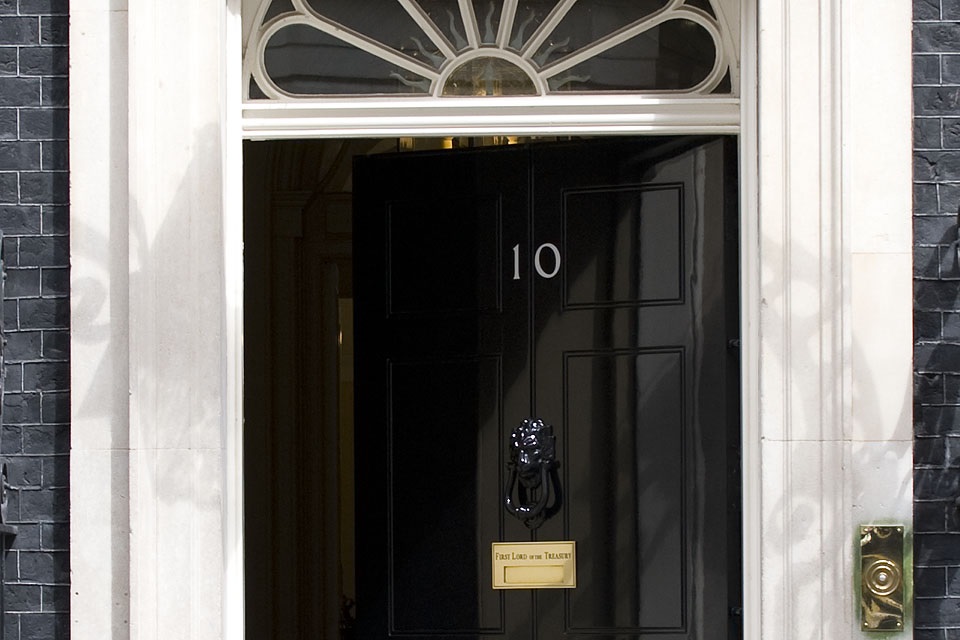£1.5 Trillion Investor Group Warns that Uncertainty on Climate Policy Threatens Investment in UK Net Zero Transition


Investors’ willingness to deploy capital to fund the UK’s net zero transition is at risk, as recent policy signals have reduced confidence in the government’s commitments to its climate policies, according to a new letter sent to Prime Minister Sunak by a group of financial institutions managing £1.5 trillion in assets under management.
The letter, signed by 36 members of the UK Sustainable Investment and Finance Association (UKSIF), comes as competition heats up globally among major economies to capitalize on the opportunities to participate in the global transition to cleaner energy systems and industries, with massive energy transition investment plans recently unveiled by the U.S., the EU and Canada and each region looking to attract massive private sector investments as well. According to the UKSIF, however, uncertainty emanating from the government threatens the UK’s position in the clean transition race.
UKSIF Chief Executive James Alexander said:
“The global competition to capture billions of pounds of private investment in the clean industries of the future is intense. Ministers’ recent remarks are undermining investor confidence and putting the UK’s net zero head start at risk.”
The UK government legislated a target to reach net zero emissions by 2050 in 2019, and in the following years announced a series of policies and investment pledges aimed at reaching its goal, including plans to accelerate the shift to low carbon transportation, build out clean energy capacity, and help decarbonize industry.
The government also launched its Green Finance Strategy in 2019, updated earlier this year, aimed at establishing the UK as a center for international green finance, and aligning the financial sector and capital flows with the delivery of global and domestic climate and environmentalEnvironmental criteria consider how a company performs as a steward of nature. More objectives.
Recent policy statements by the Sunak government, however, including the approval of new North Sea oil and gas drilling licenses in July, and reports of pushback within the government on policies such as the announced ban on the sale of new petrol and diesel cars and vans by 2030, “risk undermining the UK’s leadership in the clarity, certainty, and confidence of policymaking toward meeting the UK’s commitment to net zero,” according to the investor letter.
The letter adds that the government’s recent policy signals and public statements “blurs regulatory visibility for investors and risks the ability of the finance sector to make the large-scale, transformative investments required to accelerate net-zero delivery and unlock growth in the UK.”
In order to facilitate the estimated £50-60 billion of investment needed to achieve the UK’s net zero goals, the investor group called on the government to “provide long-term policy certainty,” ensuring that the policies driving the investments, such as carbon pricing mechanisms, the shift to zero emissions vehicles and energy efficiency standards for housing “will not be changed abruptly.”
The investors added:
“Building on the UK’s position as the world’s largest net exporter of financial services, sustainable finance is a major growth industry in the UK. Purposeful and predictable policy at home can position the UK financial services sector as a global leader in green investment, driving further prosperity and growth, including in emerging financial services centres outside London.”
Click here to see the full letter and list of signatories.